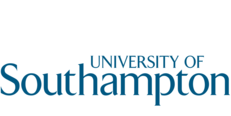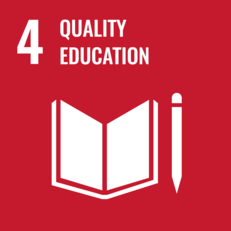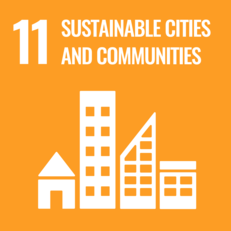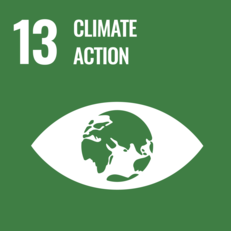Home »
All Resources »
Green Gown Awards 2021:Research with Impact–Student-Uni of Southampton, Francesca Topp - HC
Francesca Topp
The 2020 COVID-19 global pandemic provided a unique opportunity to investigate the energy consumption and carbon footprint of the University of Southampton during a period of full campus closure followed by phased reopening for the 2020/21 academic year. I investigated the baseload carbon footprint and assessed whether a blended learning approach notably decreased the carbon footprint against previous ‘normal’ operational years, aiding the emerging area of research regarding carbon intensity of different teaching models and the challenges faced in decarbonising the HE sector.
I discovered that a notable amount of energy was consumed to maintain baseload operation during closure. I also observed no material decrease in the Scope 1 & Scope 2 carbon footprint during semester 1 of academic year 2020/21, which questions blended learning as a method to reduce carbon intensity. The notable contribution of the combined heat and power plant was an unexpected finding; therefore, I accomplished an initial carbon intensity assessment which highlighted the need for further investigation into its role in carbon reduction.
Top 3 learnings:
- This study emphasised the importance of accurate data for carbon management on a temporal basis.
- Work in partnership with an organisation to create a project which makes a meaningful difference.
- Do not hold back from exploring unexpected findings within your research.









 Except where otherwise stated, content on this site is
licensed under a Creative Commons Attribution 3.0 License.
Except where otherwise stated, content on this site is
licensed under a Creative Commons Attribution 3.0 License.
